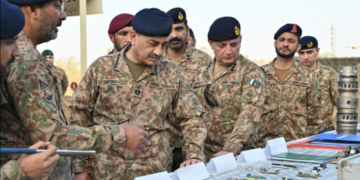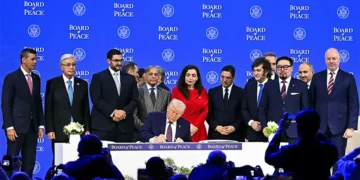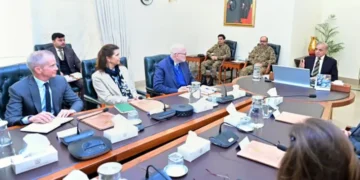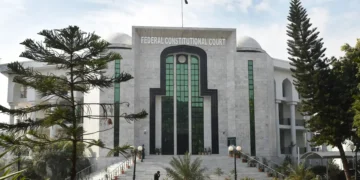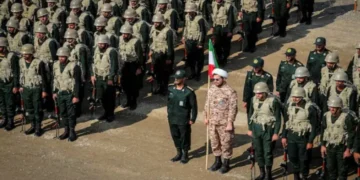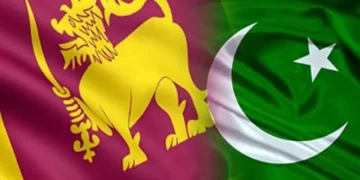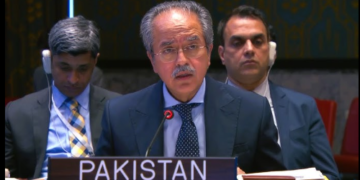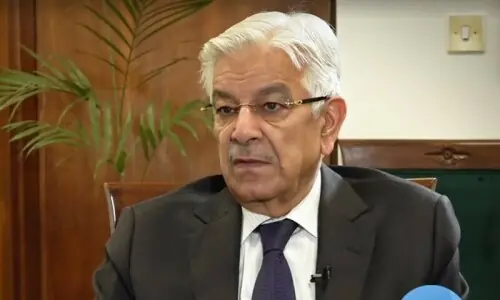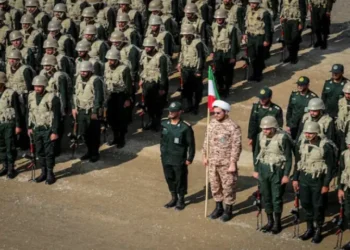Web Desk (MNN); Defence Minister Khawaja Asif said on Tuesday that Pakistan has effectively “written off” the Afghan Taliban and no longer holds positive expectations from the group, as tensions between Islamabad and Kabul continue to deepen.
Earlier, Taliban spokesman Zabiullah Mujahid accused Pakistan of carrying out overnight air strikes in Khost, Kunar, and Paktika provinces. The Pakistani military spokesperson rejected the allegations.
In an interview on Geo News programme ‘Aaj Shahzeb Khanzada Kay Sath’, Asif said Pakistan had neither conducted the alleged attacks nor caused any civilian casualties. He stressed that Pakistan’s forces operate with discipline and a strict code of conduct, unlike the Taliban, whom he described as having “neither traditions, nor a code, nor religion.”
Asif said the Taliban had achieved little in 20 years apart from retaking Kabul, and admitted that his earlier welcoming remarks about them were mocked. He said Pakistan had now lost all hope in the group, as “all limits have been crossed.”
He dismissed the Taliban’s claim of retaliating under Islamic law, questioning which version of Shariah allows decades-long stay in a neighbour’s land followed by violence. “This is not the Shariah of the Holy Prophet (Peace Be Upon Him),” he remarked.
Asif added that Pakistan’s allies, including Turkey, Iran, and Qatar, were pushing for regional peace. He accused the Taliban of harming their own people and said they were “clear enemies” of Pakistan as well.
He noted that the Taliban were free to open trade with India through any route, as Pakistani markets already receive most of the imported goods.
Responding to threats issued by Kabul, he said the Taliban’s statements carried no real weight and insisted it would be foolish to trust them.
The minister said Pakistan made multiple efforts to maintain cordial ties, including his own visits to Afghanistan, but “gained no change in their attitude.”
He warned that the Taliban’s policies were isolating their own country and predicted that the situation could soon prompt regional intervention.
Relations between Pakistan and Afghanistan have sharply deteriorated due to cross-border terrorism by the banned Tehreek-i-Taliban Pakistan (TTP). Pakistan has repeatedly urged the Taliban government to prevent terrorists from using Afghan soil, but Kabul denies the allegations.
Dialogue efforts—launched after border clashes in October and facilitated by Turkey and Qatar—have failed to produce a breakthrough. After talks collapsed in early November, the Afghan Taliban suspended trade with Pakistan, further straining ties.
The Foreign Office recently stated that trade would resume only if the Taliban ended cross-border terrorism and stopped supporting militant groups, noting that regional energy projects also depended on Kabul’s cooperation.





